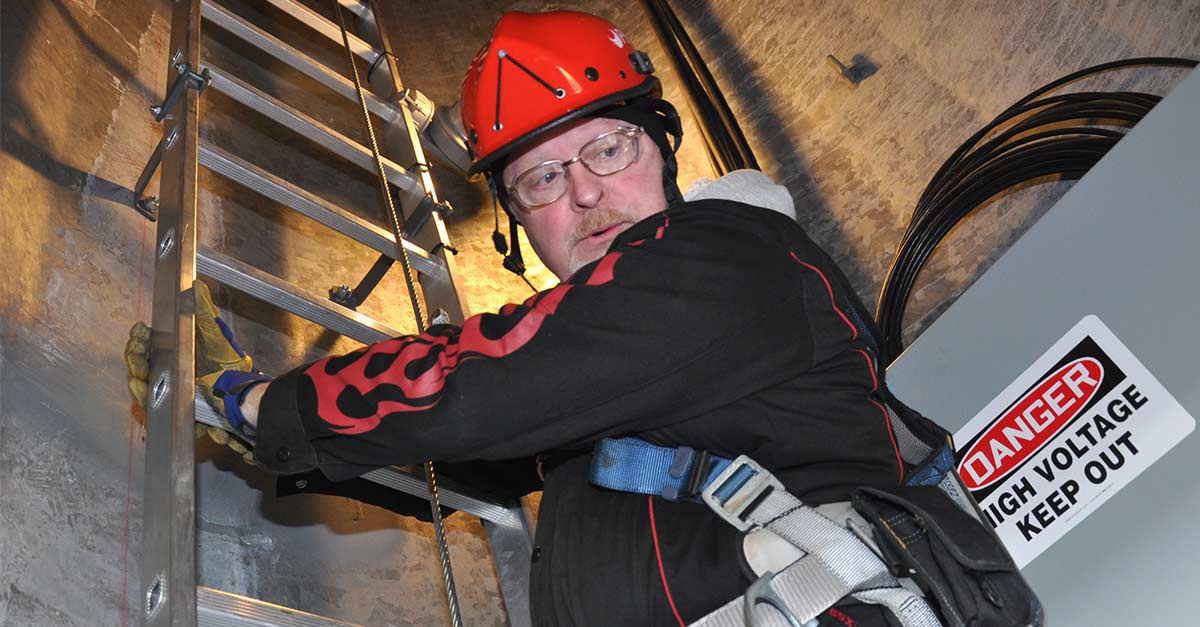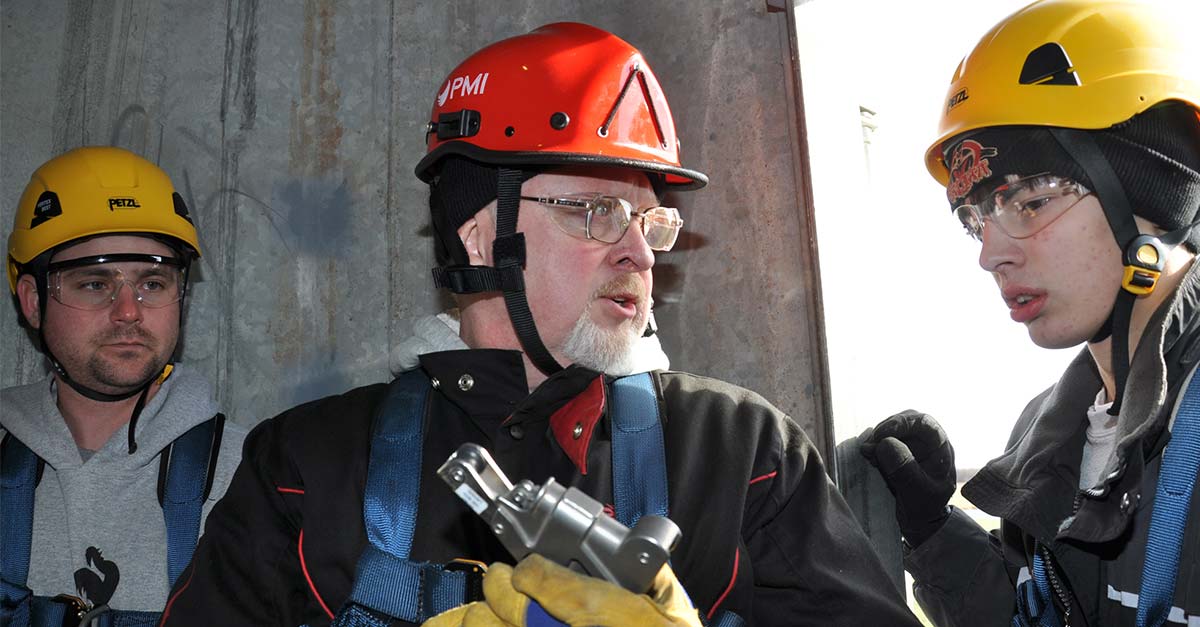Going Green: Wind Energy Creating High Paying Jobs in DSM USA
It’s been said Greater Des Moines (DSM) is one of the windiest cities in the country, second only to Chicago. Whether urban myth or not, it’s true that Iowa produces the most megawatt-hours (MWh) of wind-generated electricity, second only to Texas. And when it comes to net energy from wind turbines, Iowa leads the nation, according to the U.S. Energy Information Administration.
Harnessing the power of that wind, coupled with the push for renewable fuel options and favorable government support, has propelled Iowa to top of wind energy field. For business and industry leaders and job seekers alike, this means explosive opportunities ahead.
In just two years, wind energy is projected to create in 17,000 wind-related jobs — 11,500 at wind companies alone — and $9 billion in additional economic activity in Iowa. Recently, major energy supplier MidAmerican Energy announced plans to invest $922 million to be able to draw nearly all its power from wind by 2021. The company estimates the project will produce 200 construction jobs and several dozen permanent wind turbine operations and maintenance jobs.
Downwind, Iowa’s focus on wind energy is capturing the attention of non-energy related business too. Apple’s 2017 decision to build a $1.3 billion data center project in Waukee was fueled, in part, by access to energy fueled by wind.
Wind-energy sector growing fast
The good news is that the drive to make DSM and the state the renewable capital of the nation and create new “green collar jobs” has worked. Some 4,100 wind-turbines currently dot Iowa’s countryside. MidAmerican has over 2,000 on 27 wind farms in Iowa alone. But creating energy from wind cannot happen without the wind turbines to harness it, the infrastructure to support it and the workforce skilled to build and maintain it. Companies need people who can go out to the field, scale the towers and make sure the turbines function properly.
Just as Iowa positions itself as a national leader in wind energy, so has the state prepped to provide much-needed wind turbine technicians, projected by the Bureau of Labor Statistics to double in number by 2026 and be the second-fastest growing occupation in the country. These high-demand jobs pay well, too. In 2017, the median wage was $53,000 or $26 per hour.
DMACC preps workers for high-demand jobs
For nearly 10 years, Des Moines Area Community College (DMACC), which serves DSM, has been that go-to resource on the forefront of providing men and women with technical training to build and service wind turbines.
 DMACC currently offers a two-year Associate of Applied Science (AAS) degree in wind turbine technologies on our Ankeny campuses. The program teaches students electricity, hydraulics, pneumatics, mechanical power transmission and other phases of industrials concepts specific to the industry and provides hands-on learning. Upon completion, our graduates are ready day-one for positions in wind turbine maintenance and trouble-shooting and they have the basics to pursue additional education in blade repair.
DMACC currently offers a two-year Associate of Applied Science (AAS) degree in wind turbine technologies on our Ankeny campuses. The program teaches students electricity, hydraulics, pneumatics, mechanical power transmission and other phases of industrials concepts specific to the industry and provides hands-on learning. Upon completion, our graduates are ready day-one for positions in wind turbine maintenance and trouble-shooting and they have the basics to pursue additional education in blade repair.
We’ve found that not only do our grads land excellent positions locally, they are also well-positioned to quickly advance to supervisory or lead technician positions with their employers or to pursue advanced education. DMACC’s wind turbine degree is transferrable to Iowa’s three Regents universities, where our grads often go on to earn wind-energy-related engineering degrees.
With wind power growing nationwide, students come from all over the country to attend our program. Out-of-state energy-oriented businesses also look to us to either help them address their labor shortage or relocate here because of our ability to supply trained personnel. The beauty of wind in Iowa is that it is plentiful. Whether you want to do business here or work here, we’re well-positioned in DSM to take advantage of it.
either help them address their labor shortage or relocate here because of our ability to supply trained personnel. The beauty of wind in Iowa is that it is plentiful. Whether you want to do business here or work here, we’re well-positioned in DSM to take advantage of it.
Greater Des Moines (DSM) has one of the best business climates in the country. The region is nationally recognized for having a talented and educated workforce, a cost of doing business 17 percent below the national average, a low cost of living and an exceptional quality of life.